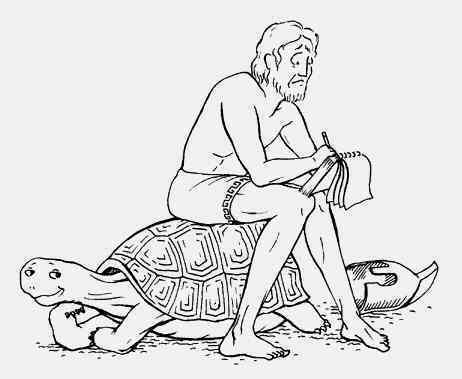- A BBC Radio 4 series on “The Uncommon Senses”, with Barry Smith (University of London) and sound artist Nick Ryan. A full list of episodes is here.
- A special issue of Nautilus on the topic of Consciousness, including a profile of Christoph Koch and an essay on Russellian Monism by Hedda Hassel Mørch (NYU/Oslo).
- And some more Barry Smith, with an essay on “overestimating consciousness” at IAI.
A new action-based theory of spatial perception
by Andrew Glennerster and James Stazicker (Psychology and Philosophy, University of Reading) In both the neuroscience and the philosophy of spatial perception, it is standard to assume that humans represent a perceived scene in either an egocentric or a world-based 3D coordinate frame, and a great deal of work in …





